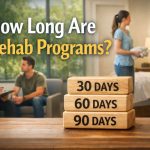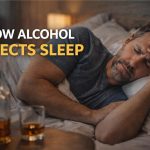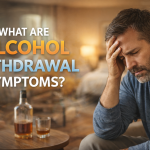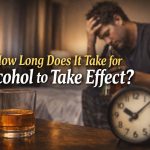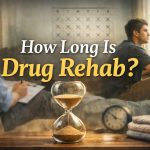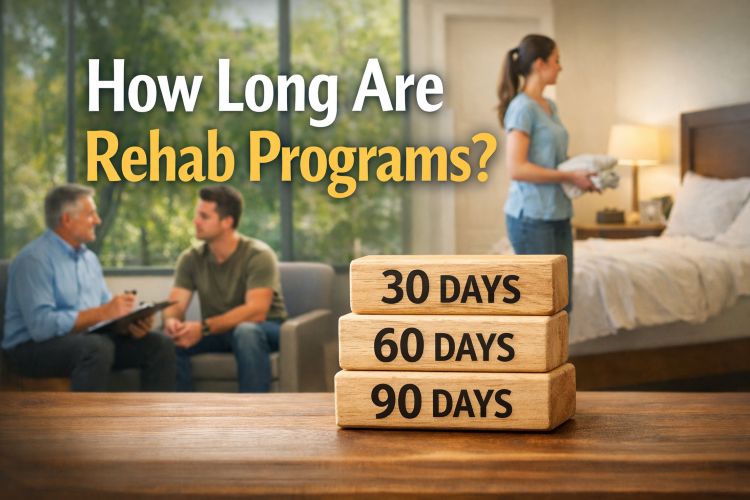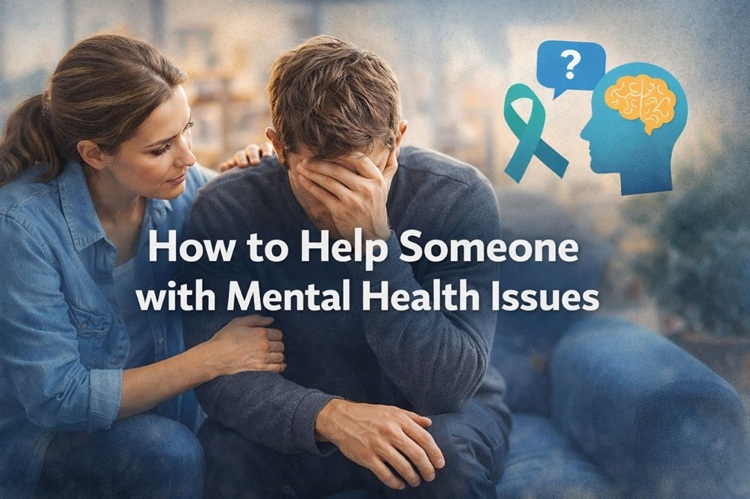Over the past decade, the necessity of proper rehabilitation has been widely recognized, especially when it comes to the usage of the criminal justice system. Different kinds of treatment methods aim at decreasing the likelihood that an offender will re-offend and help them change for the better. Another such approach, gaining recognition gradually, is Moral Reconation Therapy (MRT). Among the other forms of therapy, this cognitive behavioral therapy has proved useful in being an evidence-based treatment addressing a patient’s cognitive and moral reasoning that leads to criminal behavior.
Understanding Moral Reconation Therapy
MRT is a cognitive-behavioral treatment program that aims at raising the clients’ moral values in terms of moral reasoning and decision-making. The term recognition can be understood as the act of re-appealing to the ethical nature and as a result, there is a rise in the level of ethical beliefs. MRT aims to help individuals understand the impact of their actions on others, develop a sense of responsibility, and make more pro-social choices.
MRT was invented in the Late 1980s by Dr. Gregory Little and Dr. Kenneth Robinson. They directed their efforts into establishing a scientific, systematic plan that would help rectify such abnormalities in patients in the criminals Justice system. MRT has been implemented in different contexts ever since its development, namely in correctional facilities, drug courts, probation/parole programs, and community treatment programs. Thus, numerous investigations have attested to the efficacy of the strategy and hence show its appropriateness as an intervention in the field of rehabilitation.

How MRT Works
Stages of MRT
MRT is a structured program that is usually implemented in 12-16 stages, where every stage targets certain cognitive and moral reasoning issues. All of these steps are done in a group, where people go through all the steps at their own pace. The stages include:
- Honesty: Individuals start with deceiving patterns and start acknowledging all the negative effects that dishonest behavior has on one’s life and society.
- Trust: Building trust within the group and understanding the importance of trustworthiness in relationships.
- Acceptance: Taking ownership of the problem and realizing the requirements of change.
- Self-Awareness: The process of understanding people’s behaviors, as well as cognition and affect.
- Helping Others: Work on caring for others and recognizing the value of helping others.
- Moral Reasoning: Improving essential skills such as moral reasoning proactively and understanding the different types of ethical principles.
- Short-Term Goals: Setting and working towards short-term, achievable goals.
- Long-Term Goals: Thinking about the long-term goal for how one’s life is going to turn out and deciding to change for the better.
Every one of them comprises certain exercises, group discussions, and homework assignments that are aimed at strengthening the knowledge gained in the process. This format is very advantageous for the participants as they can go at their own pace; this is accompanied by guidance from the facilitators and suggestions from other participants.
Cognitive-Behavioral Focus
MRT focuses on the modification of negative thoughts and attitudes that cause criminal behavior. From this scrutiny and modification of such imperative cognitive distortions, MRT assists participants in developing healthier, more constructive thought processes. The focus is on increasing self-awareness, fostering moral development, and encouraging positive behavioral changes. Due to the structure followed in the program, a participant is well aware of what they are supposed to do and when to do it.
100% Confidential Support is Available 24/7
No matter what you’re going through, you’re not alone. Our dedicated team is here to provide a safe, judgment-free space where you can talk openly and honestly. Whether you need emotional support, resources, or just someone to listen.
We’re here for you—completely confidential and always respectful of your privacy. Call us today!
Places where MRT is applied
MRT is applied in various places and facilities to meet the requirements of various groups of people. It is commonly used in:
- Correctional Facilities: Adult and juvenile offenders undergo MRT programs to address and decrease the rate of recidivism and increase the rate of rehabilitation.
- Drug Courts: MRT is used by drug court programs to address substance abuse problems of participants as well as the need to improve decision-making skills.
- Probation and Parole Programs: MRT is also applied to assist probationers and parolees to reintegrate back into society and decrease the rate of recidivism.
- Community-Based Programs: MRT is also practiced in community treatment services where patients have to face different problems in their behavior and cognition.
Contact Palm Coast Treatment Solutions
Battling with Drug and Alcohol Addition? Remember, you are not alone and we are here to help you!
Who is MRT For?
MRT is targeted at persons who are in the criminal justice system as well as those who possess behaviors that may lead to criminal conduct. This includes:
- Adult Offenders: MRT has fit well with adult offenders in Correctional facilities, probation programs, and parole. The program is meant to address the factors, such as cognitive and moral impairments, that usually lead to the commission of a crime, hence minimizing the rates of recidivism.
- Juvenile Offenders: It is also useful in the case of juvenile offenders to enable them to transform their decision-making and moral reasoning during the pre-adult period.
- Substance Abusers: Substance abuse is another issue that is treated by MRT as the clients get to understand the consequences of their actions on their welfare as well as the welfare of society.
- High-Risk Individuals: MRT is effective for the participants considered to be high risk because of the behaviors they exhibit, such as violence or repeated criminal records.
Overcome Addiction with Palm Coast Treatment Solutions.
Book an appointment.
Effectiveness and Benefits of MRT
Research and Evidence
Numerous studies have demonstrated the effectiveness of MRT in reducing recidivism and promoting positive behavioral changes. Research shows that participants of MRT are less likely to recidivate compared to those who do not undergo the program. For instance, a study carried out by the Journal of Offender Rehabilitation found that MRT significantly reduced recidivism rates among participants compared to a control group. Further, MRT is seen to enhance the moral standards of the participants and their self-worth, in addition to their mental health.
Benefits of MRT
MRT offers several benefits for individuals, including:
- Improved Moral Reasoning: Employers and stakeholders benefit as learning increases participants’ moral knowledge and improves the level of moral decision-making.
- Better Decision-Making: MRT enables a person or client to have a change of mind and correct distorted thinking that may lead to responsible decision-making.
- Enhanced Self-Awareness: Most of the activities implemented in the course of the focus group entail self-observation, which enhances group members’ understanding of their actions and thoughts.
- Reduced Recidivism: Due to its focus on the psychological and ethical factors that work to reoffending, MRT lessens the probability of reoffending.
- Increased Empathy: The person acquires effective skills of relationship formation, thereby learning how to avoid or control aggressive behavior while promoting constructive patterns of interaction.
Moral Reconation Therapy (MRT) is a structured, evidence-based cognitive-behavioral program that helps with moral reasoning development. MRT enhances people’s thought processes, decision-making, and moral reasoning, which contribute to the overcoming of criminal behavior patterns.
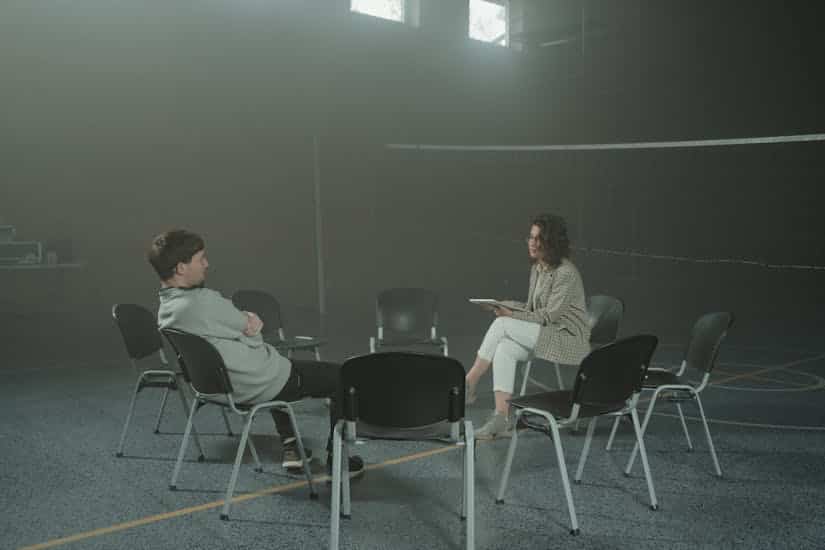
Therefore, the MRT is useful for those who want to strive for stable work on changing themselves and the world for the better, as well as for other attempts to build societies with less violence and more empathy. Contact us at (386) 284-4151 or visit Palm Coast Treatment Solutions to start your journey.






